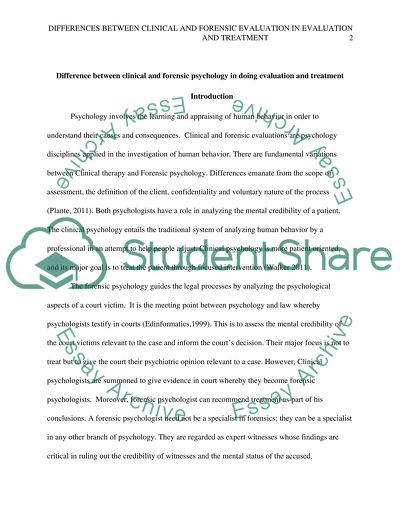Cite this document
(“What is the difference between Clinical and Forensic Psychology in Research Paper”, n.d.)
What is the difference between Clinical and Forensic Psychology in Research Paper. Retrieved from https://studentshare.org/psychology/1400218-what-is-the-difference-from-clinical-and-forensic
What is the difference between Clinical and Forensic Psychology in Research Paper. Retrieved from https://studentshare.org/psychology/1400218-what-is-the-difference-from-clinical-and-forensic
(What Is the Difference Between Clinical and Forensic Psychology in Research Paper)
What Is the Difference Between Clinical and Forensic Psychology in Research Paper. https://studentshare.org/psychology/1400218-what-is-the-difference-from-clinical-and-forensic.
What Is the Difference Between Clinical and Forensic Psychology in Research Paper. https://studentshare.org/psychology/1400218-what-is-the-difference-from-clinical-and-forensic.
“What Is the Difference Between Clinical and Forensic Psychology in Research Paper”, n.d. https://studentshare.org/psychology/1400218-what-is-the-difference-from-clinical-and-forensic.


